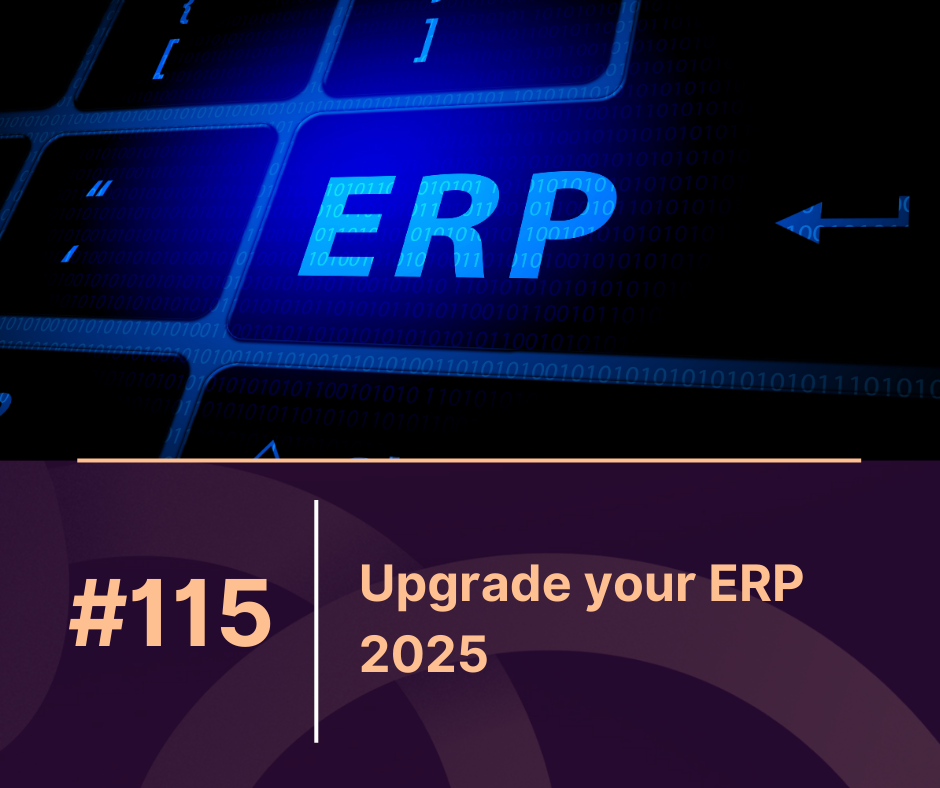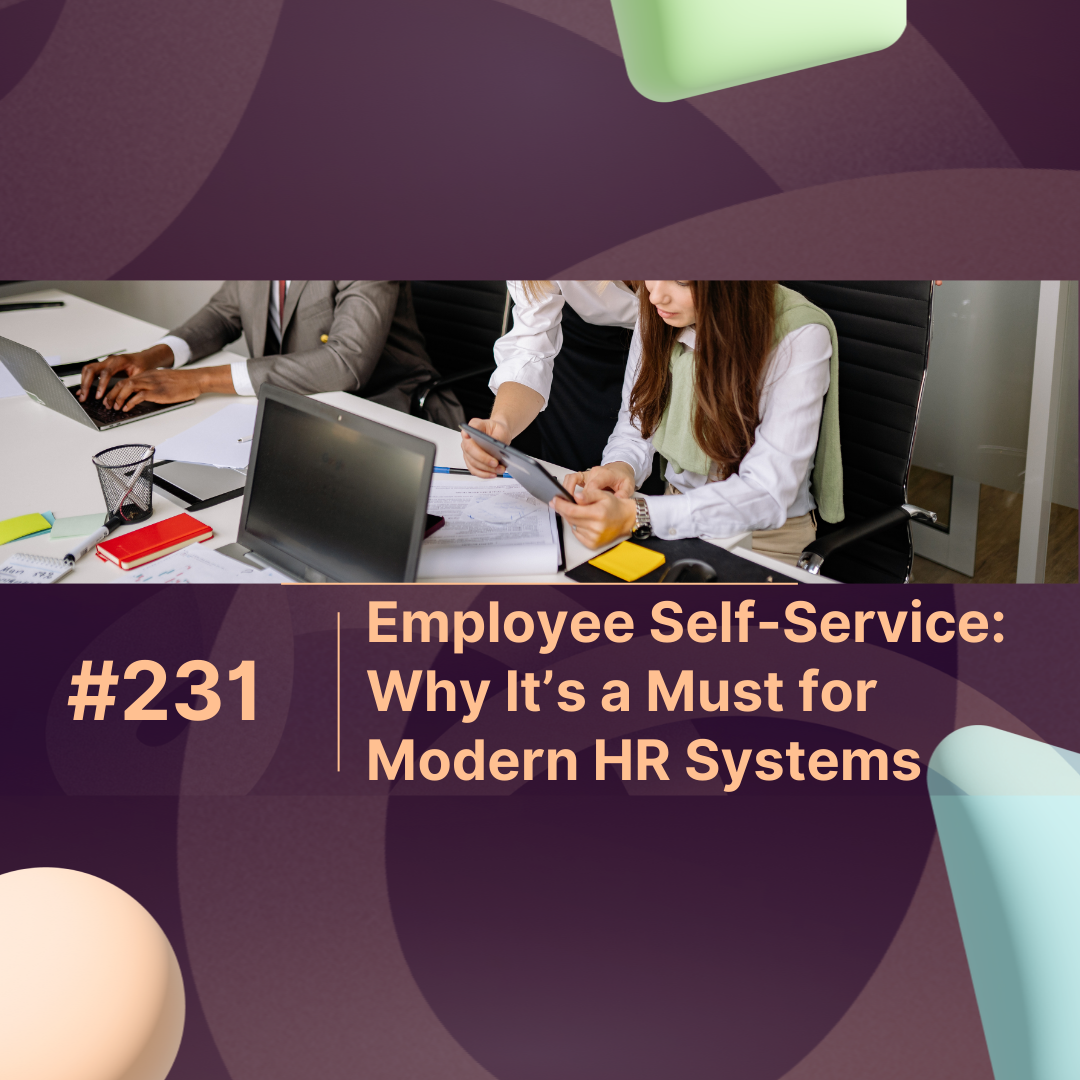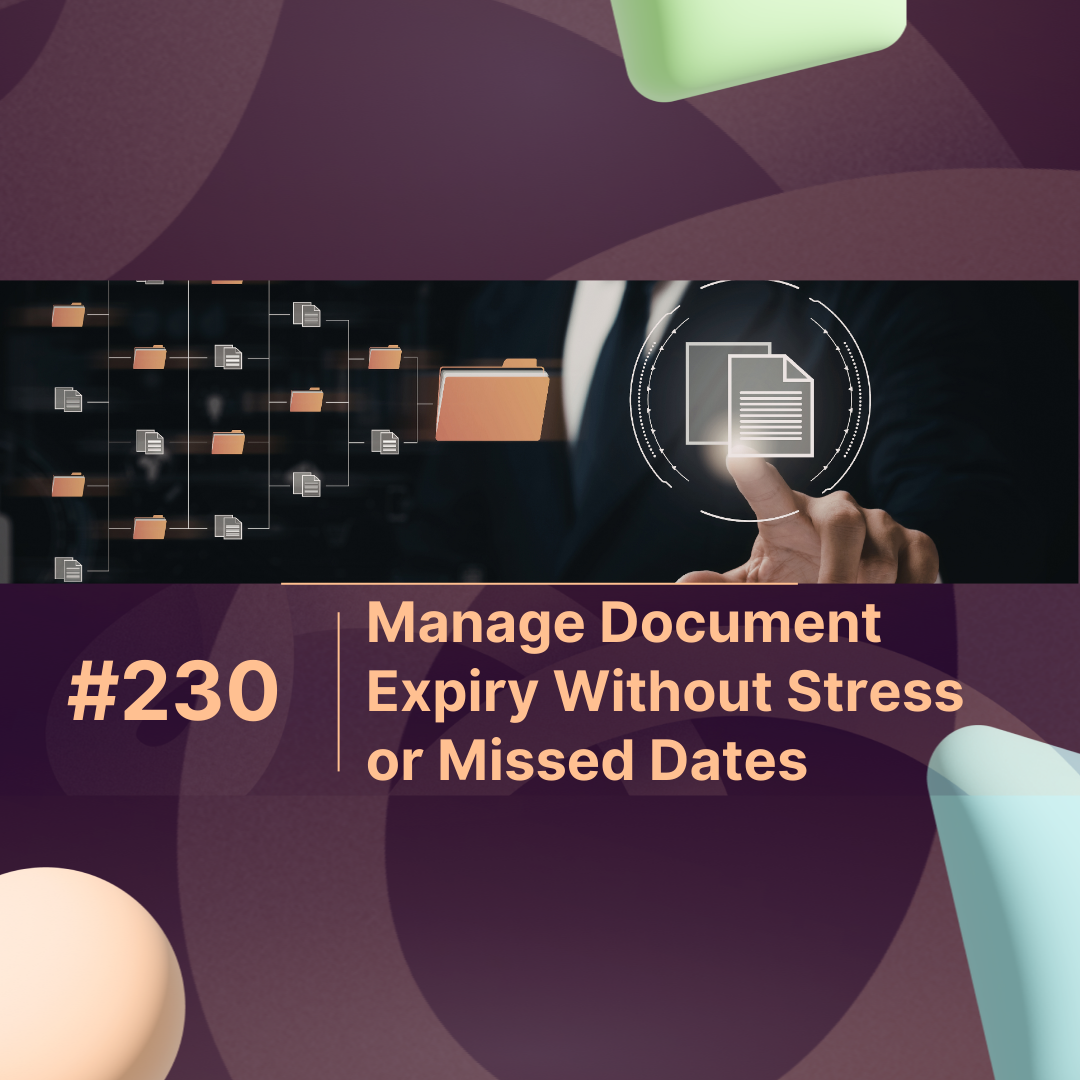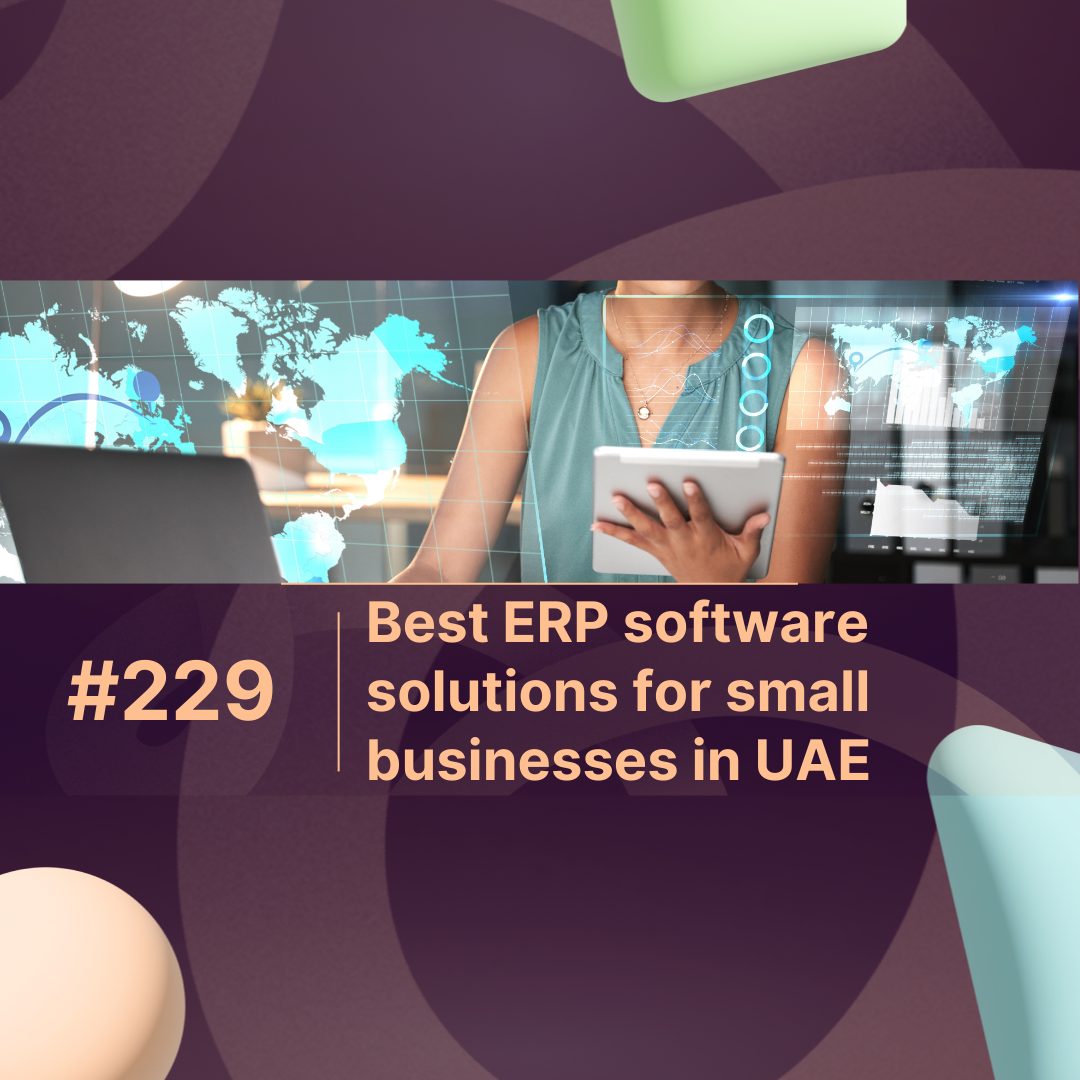Overview
Enterprises often outgrow their legacy ERP systems. When data silos, manual processes, and costly maintenance start slowing growth, it’s time to upgrade your ERP. A modern ERP upgrade streamlines workflows, integrates AI-powered analytics, and cuts operational expenses—helping organizations like MaxHR and others unlock up to 30% productivity gains while lowering total IT spend.
Why Should You Upgrade Your ERP?
Upgrading your ERP is not just an IT project it’s a strategic move that directly impacts efficiency and profitability. A legacy system can no longer handle today’s connected business environment where agility, automation, and real-time insights matter most.
Direct Answer :
Upgrading your ERP system enhances productivity, reduces manual errors, and lowers long-term IT costs by replacing outdated processes with automation, cloud scalability, and integrated analytics.
Key Benefits of ERP Upgrades
| Benefit | Average Impact | Example |
|---|---|---|
| Operational efficiency | +25–40% | Automated workflows reduce manual entry |
| Cost reduction | 20–30% | Cloud ERP cuts infrastructure costs |
| Decision-making speed | 3× faster | Real-time dashboards and predictive analytics |
| Employee productivity | +35% | Unified data access and mobile-ready apps |
| Maintenance savings | Up to 50% | Subscription-based updates and security patches |
When Is the Right Time to Upgrade Your ERP?
Signs you’ve outgrown your current ERP include:
-
Increasing maintenance or licensing costs
-
Poor integration with CRM or HR tools
-
Slow performance or lack of mobile access
-
Difficulty meeting compliance and reporting standards
If you recognize two or more of these issues, it’s time to explore a modern ERP upgrade—especially if your organization aims to scale operations across multiple locations or subsidiaries.
Top Reasons Companies Like MaxHR Are Upgrading Their ERP
-
Cloud Migration for Cost Flexibility – Moving to a cloud-based ERP like MaxHR Cloud Suite eliminates expensive hardware while improving data security and uptime.
-
AI & Predictive Insights – Modern ERP systems include AI modules that forecast demand, optimize inventory, and automate repetitive HR and finance tasks.
-
Integrated HR & Finance Data – Seamless integration between HR, payroll, and finance ensures every department works from a single source of truth.
-
Scalability for Growth – A future-ready ERP easily adapts as your workforce or product lines expand, without complex reconfiguration.
Cost Savings and ROI Breakdown
| Cost Area | Legacy ERP | Upgraded ERP | Savings |
|---|---|---|---|
| Hardware & maintenance | $120K/year | $60K/year | 50% |
| Manual labor (data entry, reconciliation) | $90K/year | $45K/year | 50% |
| Downtime & system errors | $40K/year | $10K/year | 75% |
| IT support & patching | $30K/year | $12K/year | 60% |
| Total Annual Savings | $280K | $127K | ≈55% overall |
Source: Industry averages from Deloitte & IDC ERP modernization studies, 2024.
How to Plan a Successful ERP Upgrade
1. Assess Current Pain Points
List inefficiencies, integration gaps, and recurring costs.
2. Choose the Right Deployment Model
Decide between cloud, hybrid, or on-premise models depending on data sensitivity and scalability needs.
3. Define Measurable KPIs
Set post-upgrade metrics like processing time, error rate, and cost per transaction.
4. Prioritize Data Migration & Security
Clean data before migration. Ensure compliance with GDPR and ISO standards.
5. Train Teams & Drive Adoption
People not software determine ERP success. Provide role-based training using an intuitive interface like MaxHR Learning Hub.
ERP Upgrade Best Practices
-
Start with a phased rollout to minimize disruption.
-
Leverage analytics and dashboards for quick wins.
-
Integrate AI modules for HR, payroll, or inventory forecasting.
-
Involve all departments early to align goals and adoption.
-
Continuously monitor KPIs for ROI validation.
Conclusion
Upgrading your ERP is one of the highest-ROI digital transformations you can make in 2025. It reduces costs, unites your teams, and prepares your organization for AI-driven decision-making. Whether you’re managing HR with MaxHR or streamlining finance operations, an ERP upgrade ensures your business operates faster, smarter, and leaner in an AI-powered economy.
FAQs About ERP Upgrades
1. What does “Upgrade Your ERP” mean?
It means replacing or modernizing your existing ERP platform with a newer version that supports cloud, automation, and analytics to improve efficiency.
2. How much does an ERP upgrade cost?
Costs vary by company size and modules but typically range from $50,000 to $250,000, depending on customization and migration complexity.
3. How long does an ERP upgrade take?
Most mid-sized businesses complete upgrades within 4–8 months, depending on data volume and integration requirements.
4. Will upgrading ERP disrupt operations?
With phased rollouts and data-migration planning, disruption is minimal. Many vendors, including MaxHR, offer sandbox testing to ensure smooth transition.
5. What’s the ROI timeline for ERP upgrades?
Businesses usually recover costs within 12–18 months due to efficiency gains and reduced maintenance expenses.
Last Updated Oct, 2025



